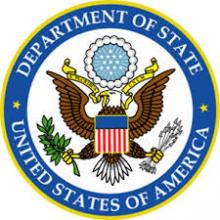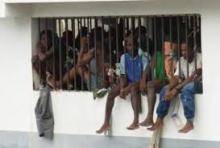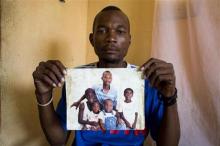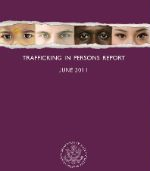U.S State Department Releases 2016 Human Rights Reports
The U.S State Department has released 2016 Human Rights Reports. As in previous years, human right challenges in Haiti included weak democratic governance, inufficient respect for the rule of law, a deficient judicial system, and persistent corruption. The good news is that it is clear where the shortcomings are and what the new government must do to improve. There a wide range of partners who want to help including Haitian activists and organizations, other governemnts, and multilateral and non-governmental partners. The 2016 Human Rights Report for Haiti follows.







